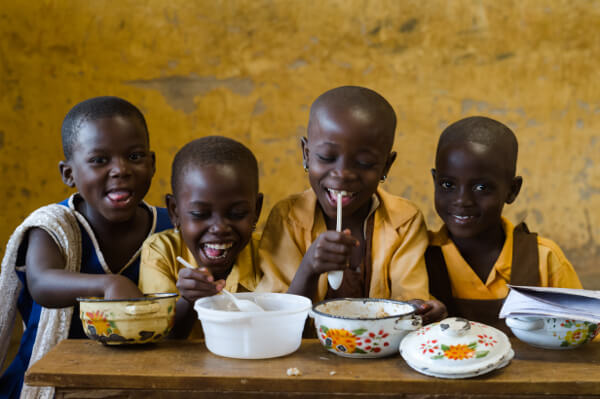
Coronavirus: WFP supports 75,000 food insecure people in Ghana
The support is to address their food security and nutrition needs while they recover from the negative socio-economic effects of COVID-19 on their livelihoods
The United Nations World Food Programme (WFP) is extending its support to the national social protection programme in Ghana by providing cash transfers to 75,000 daily wage earners and smallholder farmers. The support is to address their food security and nutrition needs while they recover from the negative socio-economic effects of COVID-19 on their livelihoods.
Food security and nutrition are two areas which are often comprised during socio-economic downturns such as what is underway during this COVID-19 pandemic
The Ministry of Gender, Children and Social Protection’s National Household Registry is focusing on COVID-19-affected people, and beneficiaries who will benefit from the support include 65,000 daily wage earners in the Greater Accra region and 10,000 smallholder farmers in the Ashanti and Western regions. They will receive five months of cash support through the Ministry’s Livelihood *Empowerment Against Poverty (LEAP) programme, via mobile money transfers. *
“Food security and nutrition are two areas which are often comprised during socio-economic downturns such as what is underway during this COVID-19 pandemic,” said Rukia Yacoub, WFP Representative and Country Director in Ghana. “Well-targeted social protection cushions the poor, protects them from economic destitution and prevents the complete erosion of long-term gains in human development.”
In addition to cash transfers for beneficiaries, WFP is providing US$88,000 to the Ghana National Household Registry to support funding gaps in assistance to the poorest COVID-affected people. In all, WFP’s support to Ghana’s social protection programme to mitigate the socio-economic impact of COVID-19 among the most vulnerable amounts to US$ 1.9 million.
While national measures have been critical in containing and mitigating the impact of the virus, the medium-term socio-economic consequences are expected to push more people into poverty and to worsen the situation of the most vulnerable. The risks are not only short-term losses but also long-term impacts on poverty and inequality, human capital, and economic growth.

